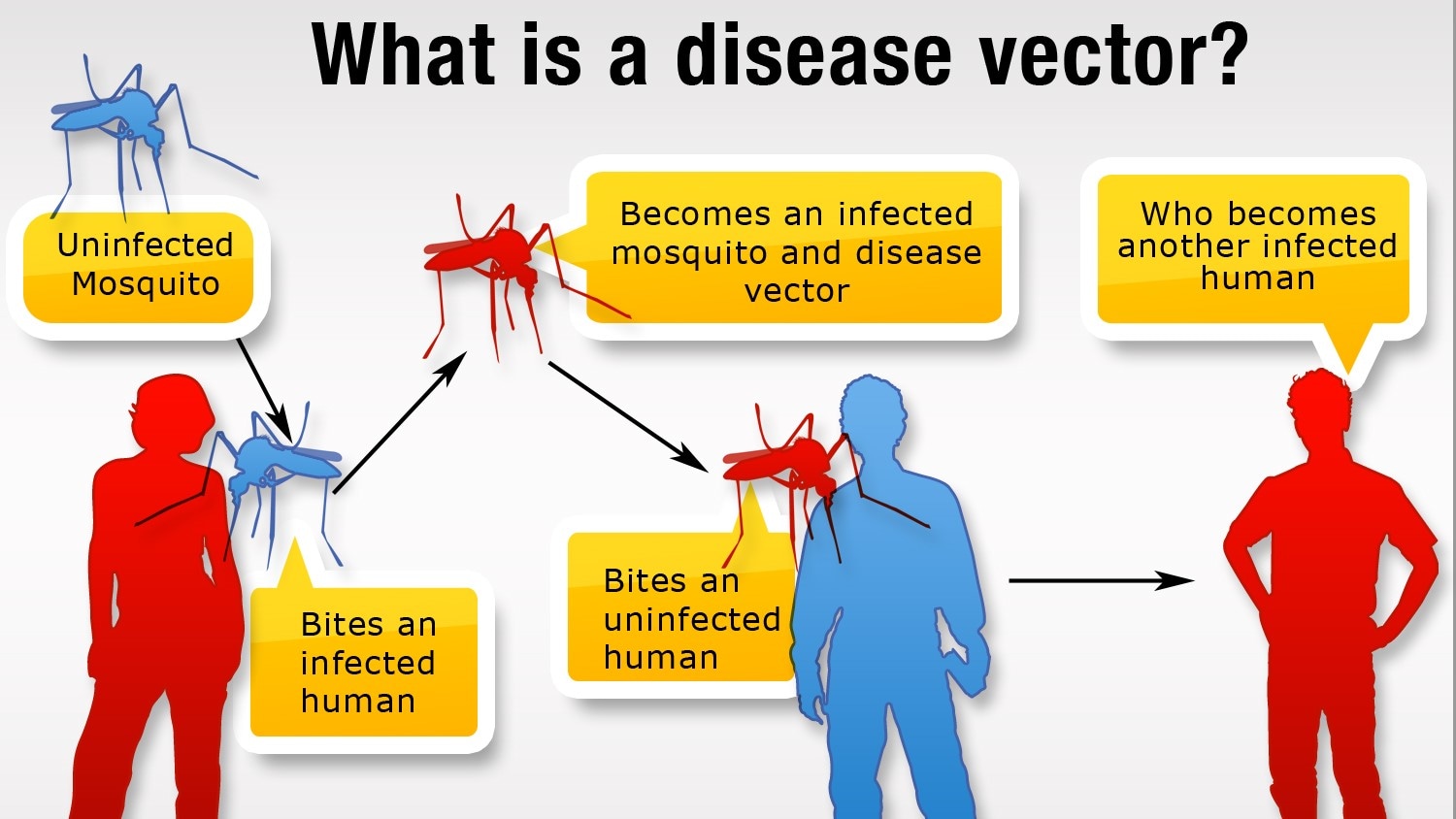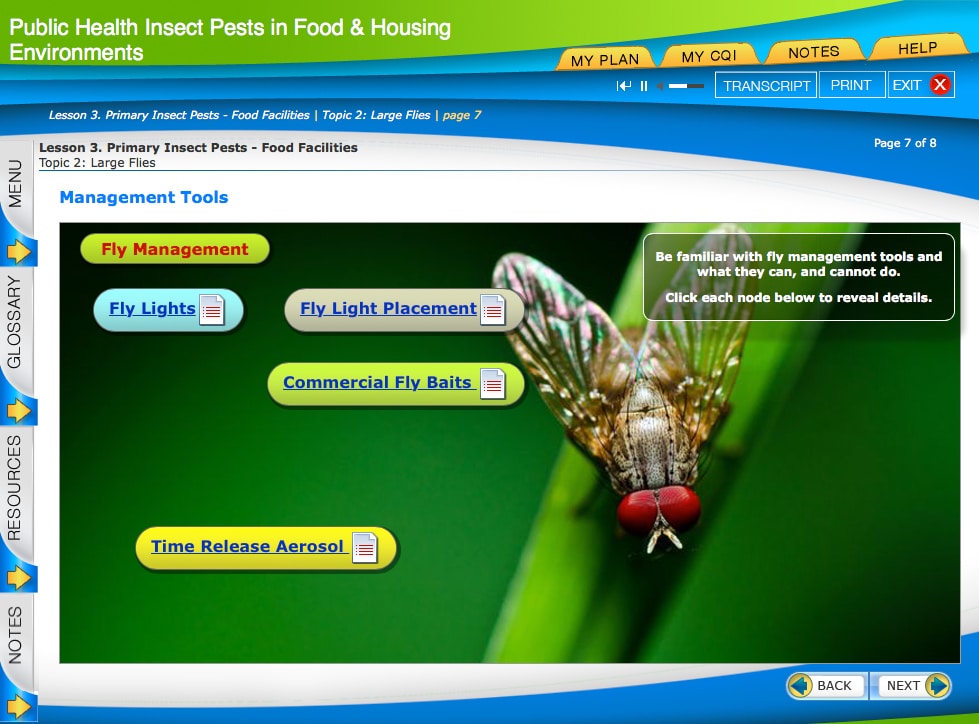At a glance
Environmental health (EH) professionals are on the frontline of helping individuals, institutions, and communities reduce threats from mosquitoes, ticks, and other vectors. Learn how to use integrated pest management to address public health pests and vectors that spread diseases with our Vector Control for Environmental Health Professionals (VCEHP) training.

Get started today!
- Visit the Tulane PACE learning management system and create an account (or log in if you already have one) Note: You can also register through TRAIN.
- Select a course to get started.
Training benefits

It's free and flexible: Take the courses you want, when you want in this online learning program.
It's credible: Learn the latest science and evidence from vector control experts to improve your awareness and understanding of vector control and pest management.
It's practical: Access concrete principles, practices, and resources to address vector control issues affecting your community.
Topics
The training includes 11 courses. Take all of them or pick and choose (the first three are required, then take courses in any order):
- Vector-borne diseases of public health importance
- Integrated pest managementA basics
- Performance assessment and improvement of vector control services
- Tick biology and control
- Mosquito biology and control
- Toxicology of pesticidesB
- Rodent management
- Pests and vectors in food and housing environments
- Special pest management considerations for schools
- Risk communication basics
- Bed bug biology and control
What people are saying
"You are providing an incredibly valuable resource for EH Professionals. I appreciate the assistance I received to complete the series, and intend to participate in more classes in the future." – Food Safety Consultant
"[I am] better able to serve the citizens of my county and the cities within the county. I feel better prepared to respond to questions regarding the use of pesticides. I also found several good references should I have a question that I couldn't answer." – Pilot Tester
We tested this course with environmental health, vector control, and pest management staff.
- 4 of 5 reported they would be able to apply acquired knowledge in their work.
- 4 of 5 reported the information they gained will enhance their ability to do their job.
- 9 in 10 agreed that they would recommend this training to a colleague (consistent across all 11 courses).
Length
For pilot testers, about half of the courses took around an hour each. The rest took between 2 and 2½ hours each.
Partners
Several groups and individuals worked together to create this training series, which updates CDC’s past popular trainings on vector control. CDC’s National Center for Environmental Health collaborated with National Network of Public Health Institutes, Texas Health Institute, Tulane University, National Environmental Health Association, and additional subject-matter experts in vector control and pest management.
Did you know?
Vector-borne diseases are a major public health concern.
A 2020 assessment of local vector control programs showed 72% could benefit from additional support to provide basic vector control services.1
- Integrated pest management: a multifaceted approach to managing pests by focusing on (1) not attracting them, (2) keeping them out, and (3) getting rid of them using the safest, most effective methods.
- Pesticides: chemical or biological products that kill pests (for example mosquitoes, ticks, rats, and others).
